Corporate events have evolved into powerful tools for business communication and growth. Whether you're aiming to strengthen internal culture or build external relationships, events offer a strategic way to share your company’s values, vision, and achievements.
In this guide, we’ll explore:
- What corporate events are and why they matter
- The different types of events companies can host
- Best practices for planning and executing successful events
- How to choose the right venue
- Tools and tips to streamline your event planning
What Are Corporate Events?
Corporate events are key moments in a company’s life. These are structured and planned occasions designed to bring together employees, clients, partners, or stakeholders - often with the goal of sharing information and/or strengthening relationships. Internally, events can also be used for training, CEO announcements, motivating staff, or celebrating achievements. Today, corporate events are not just formalities but strategic tools to communicate a company’s values, vision, and culture.
Objectives and Benefits for Companies
A well-designed corporate event can bring numerous benefits:
- Strengthens internal cohesion
- Improves communication between departments
- Boosts motivation and sense of belonging
External events can also reinforce relationships with clients and partners, increase brand visibility, and present innovations in an engaging way. Events are also opportunities to reward, incentivise, and stimulate new business opportunities.
Types of Corporate Events
Corporate and small-to-medium enterprises alike benefit from hosting events. These can be divided into several categories:
External Events (Product Launches, Conferences, Networking)
External events are typically aimed at clients, business partners, shareholders, and stakeholders. These events have strong relational and promotional value, allowing companies to present new products or services, hold press conferences, network, and create new business opportunities.
In the specific case of publicly listed companies, a successful Investor Relations event can make a significant impression on shareholders deciding whether to invest. Similarly, for SMEs, a well-organised product launch can shape brand perception. Conferences calls, and open days also help communicate innovation and reliability.
Internal Events (Team Building, Company Dinners, Celebrations)
Internal corporate events are primarily for employees. These moments aim to strengthen team spirit, celebrate successes or milestones, and improve workplace atmosphere. Examples include:
- Town halls
- CEO announcements
- Team-building activities
- Company occasions
Team building is designed to foster collaboration through interactive experiences. Company dinners and celebrations are informal opportunities to share achievements and strengthen bonds.
Training Events (Seminars, Workshops, Training Courses)
In a fast-paced business environment, continuous learning is essential for growth. Training events - such as seminars, workshops, and refresher courses - are designed to develop specific skills, share knowledge, and encourage professional development. These are usually aimed at employees or clients, depending on business needs and goals.
Virtual and Hybrid Events
In recent years, digitalisation and remote work have made virtual and hybrid events increasingly popular. These formats allow participation both in-person and remotely, expanding the reach of the event and offering new modes of virtual interaction. Webinars, live streaming, and hybrid conferences are ideal solutions for companies looking to engage a broad audience while maintaining a high-quality experience.
Best Practices for Organising Corporate Events
Organising a corporate event - whether online or in-person - can be complex. The margin for error is small, and even minor oversights can lead to poor outcomes. Hiring event agencies or professionals is an option if budget allows, but it’s not essential. With patience, dedication, and the right tools, organising a successful corporate event is within reach.
How to Organise an Online Corporate Event
Planning an online event requires careful preparation and the use of reliable platforms. It’s essential to clearly define objectives, choose the most suitable format, and manage every technical detail - from audio/video quality to interactivity. Content should be designed to engage participants, using tools like polls, Q&A sessions, and breakout rooms to maintain attention.
Looking to organize your next online corporate event? Make sure to check our Webinar Checklist to plan your next online event.
How to Organise a Hybrid Corporate Event
Hybrid events combine in-person and remote participation. To ensure a consistent experience for all attendees, it’s important to choose a venue with advanced technology and a qualified technical team. The event format should accommodate different modes of participation, including both physical and digital networking opportunities.
How to Organise an In-Person Event
When planning a physical event, key steps include choosing the venue, setting the date, defining the budget, and selecting guests and suppliers. Every detail - from setup to logistics - must be carefully planned to ensure a smooth and enjoyable experience. Customising the event to reflect the company’s identity helps make it memorable and aligned with brand values.
Corporate Event Planning Checklist
To avoid missing anything during planning, it’s helpful to follow a checklist that includes:
- Defining objectives
- Budgeting
- Choosing the date and location
- Planning logistics
- Communication and promotion
- Managing invitations
- Post-event evaluation
Check out this virtual event checklist, if you're planning to stream or broadcast your event online.
Choosing the Perfect Venue for Corporate Events
Venue Selection Criteria
The choice of venue greatly affects the success of a corporate event. It’s important to consider accessibility, space capacity, available technology, and additional services like catering, parking, and reception. The venue’s image and atmosphere should align with company values and the type of event. For certain occasions, a prestigious and welcoming venue can make all the difference.
Tools and Platforms to Find Venues in Italy
Today, many online platforms help find the ideal venue. Portals like Meeting Hub or Venue Finder, and city-specific websites offer a wide range of spaces for every need. Relying on consultants or specialised agencies can add value, especially for complex or large-scale events.
Examples of Prestigious Venues for Corporate Events
Companies aiming to host high-level events can choose exclusive venues such as historic buildings, modern conference centres, professional studios equipped for digital events, panoramic rooftops, or nature-immersed spaces. The choice depends on the event’s goals, number of participants, and the message to be conveyed.
Conclusion
Corporate events are a powerful tool for growth and brand enhancement. Understanding the different types, following best practices, and choosing the right venue can turn any event into a successful experience — one that leaves a positive and lasting impression on employees, clients, and partners.
FAQ
What are the main benefits of organising corporate events?
Corporate events strengthen team spirit, improve internal and external communication, boost motivation, and create new business opportunities.
How do you choose the most suitable type of event?
The choice depends on business objectives, target audience, and the message you want to communicate.
Which platforms are recommended for online events?
Popular platforms include Zoom, Microsoft Teams, Webex, Hopin, and Google Meet.
What factors should be considered when choosing a venue?
Key considerations include accessibility, capacity, technology, additional services, and alignment with the company’s image.
Related Articles
See all posts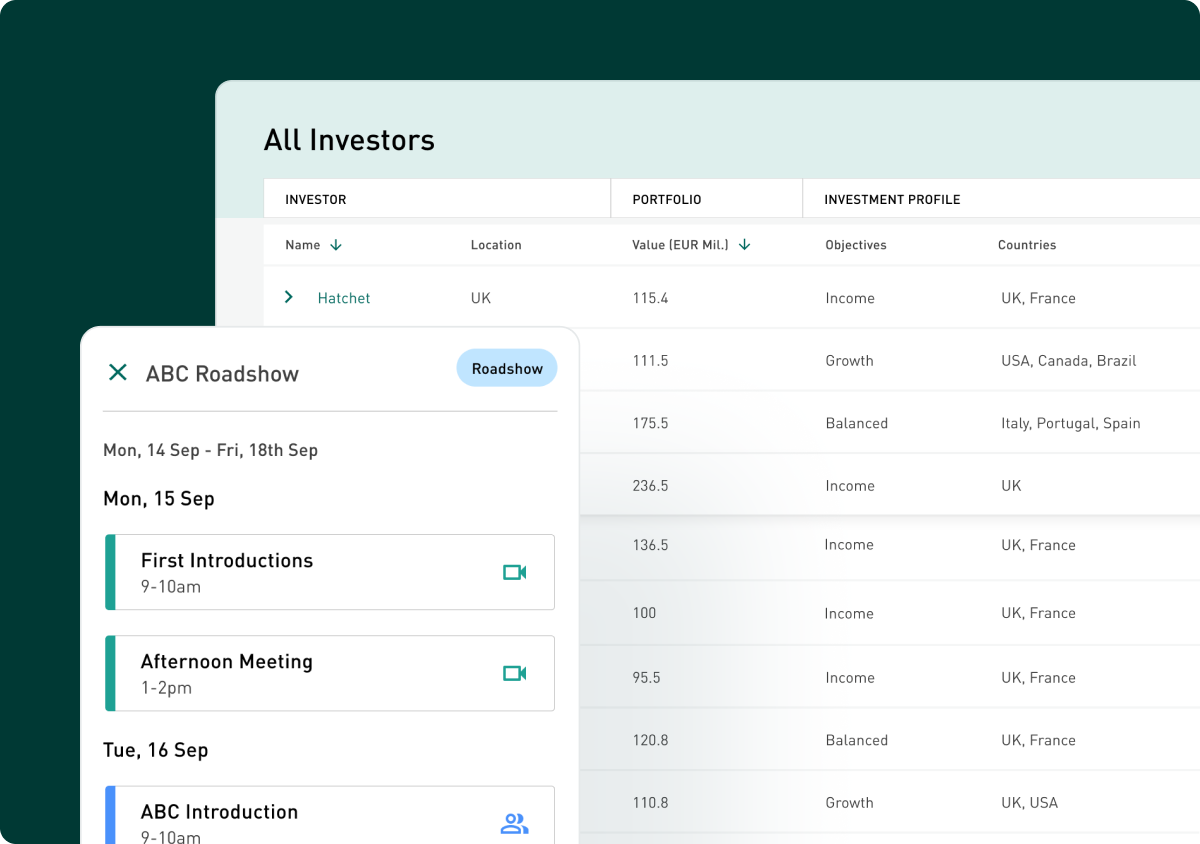
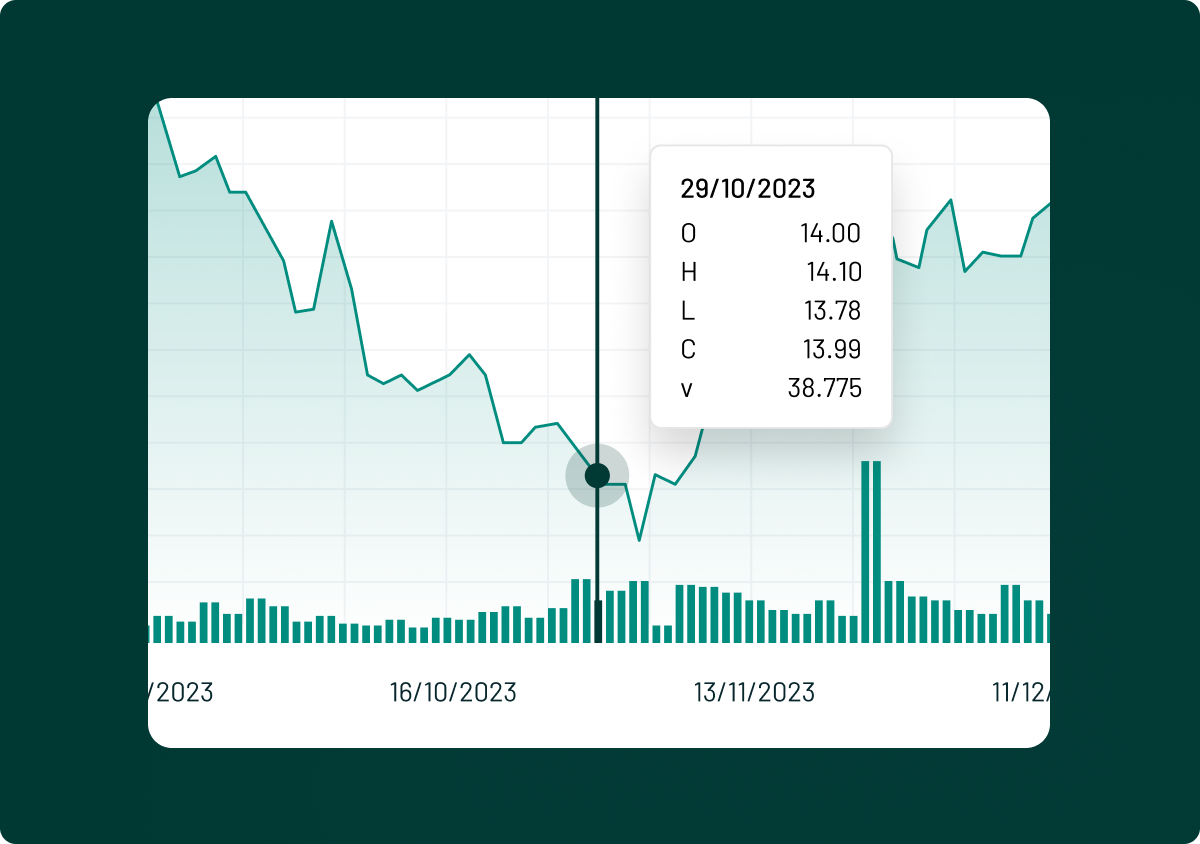
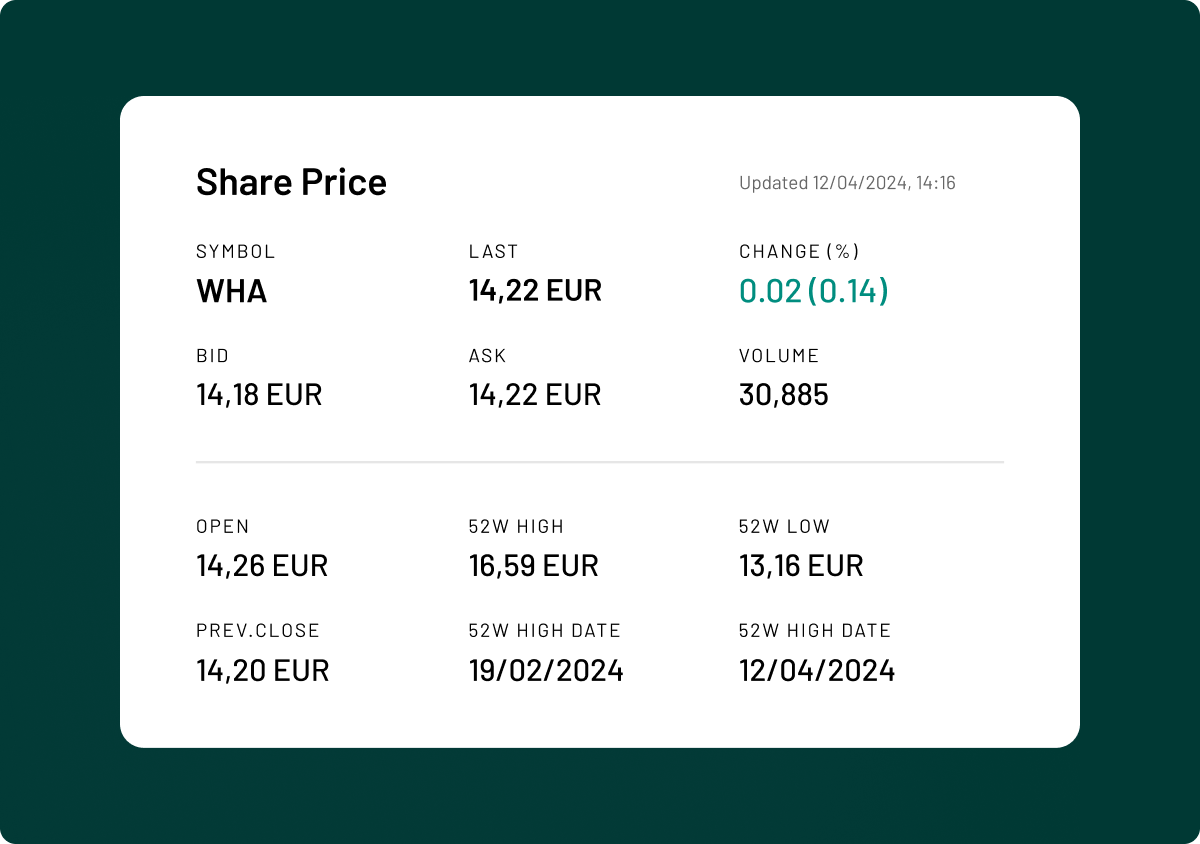



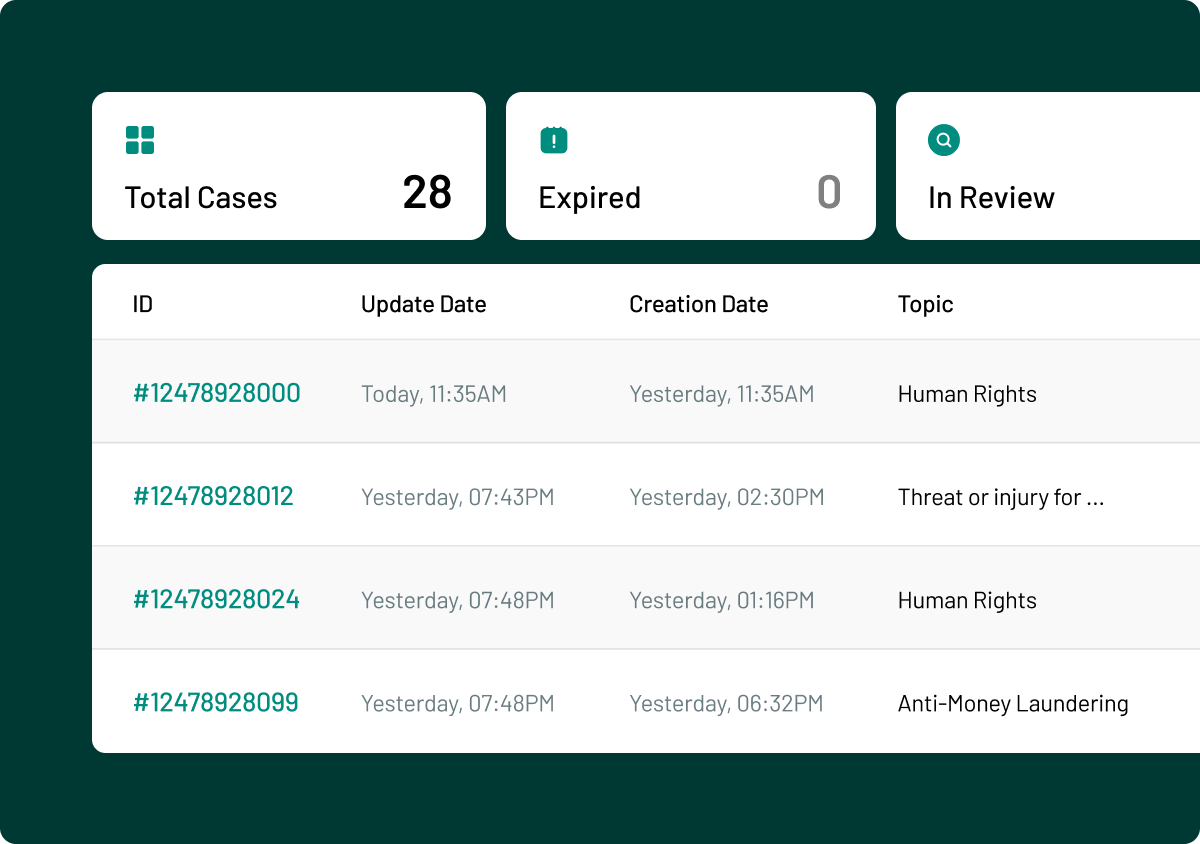
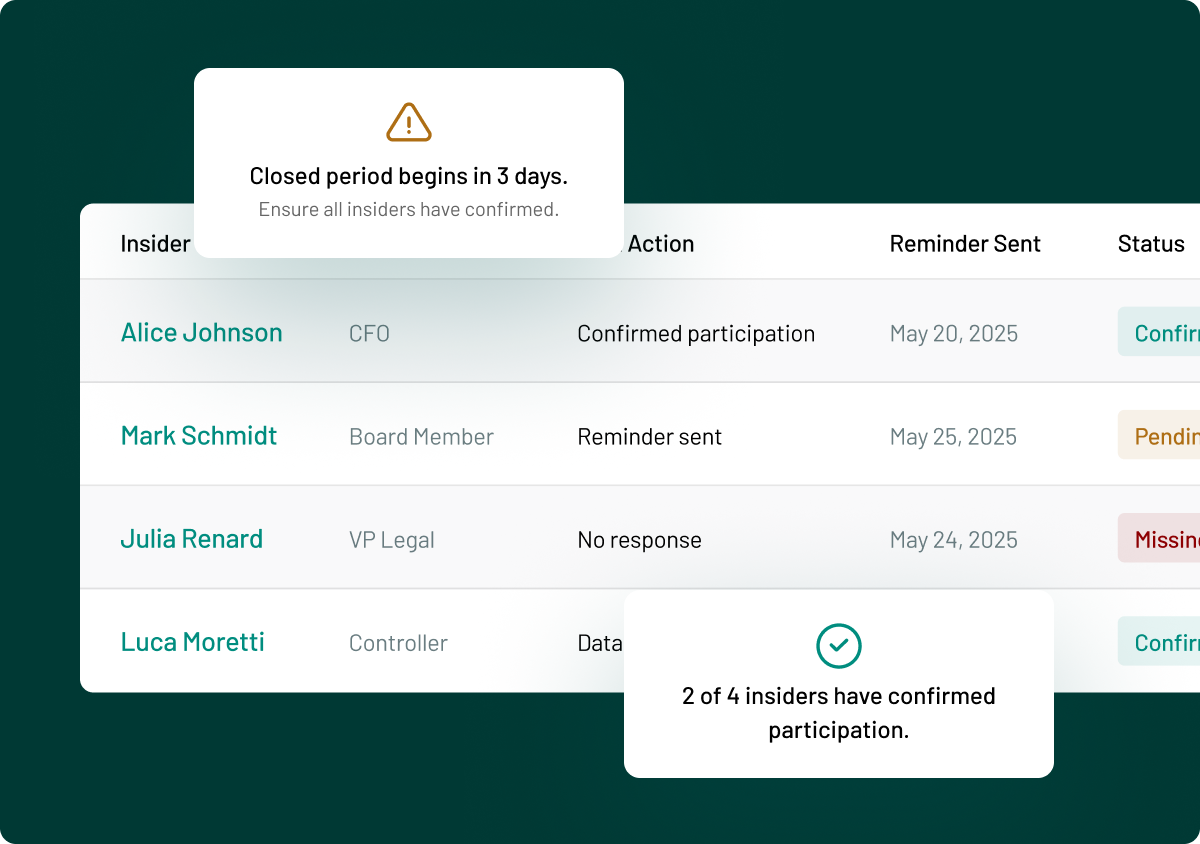
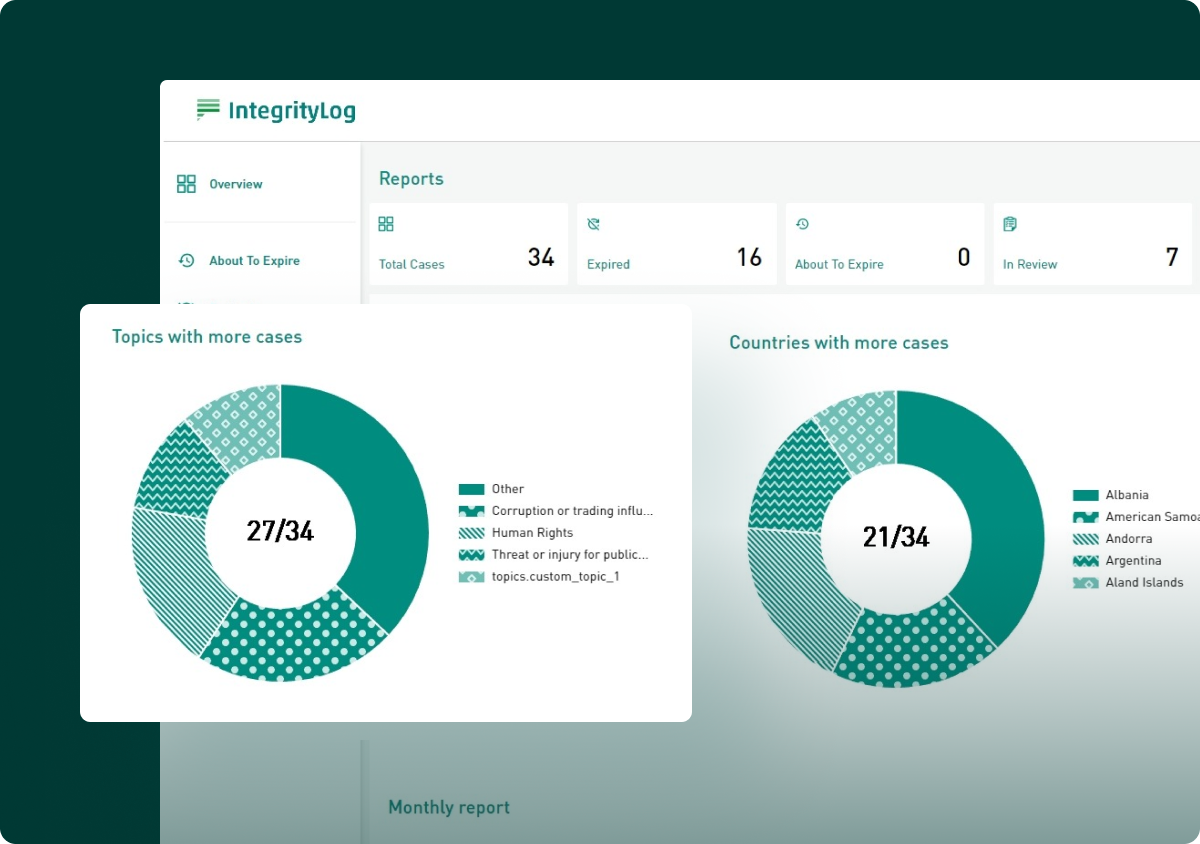
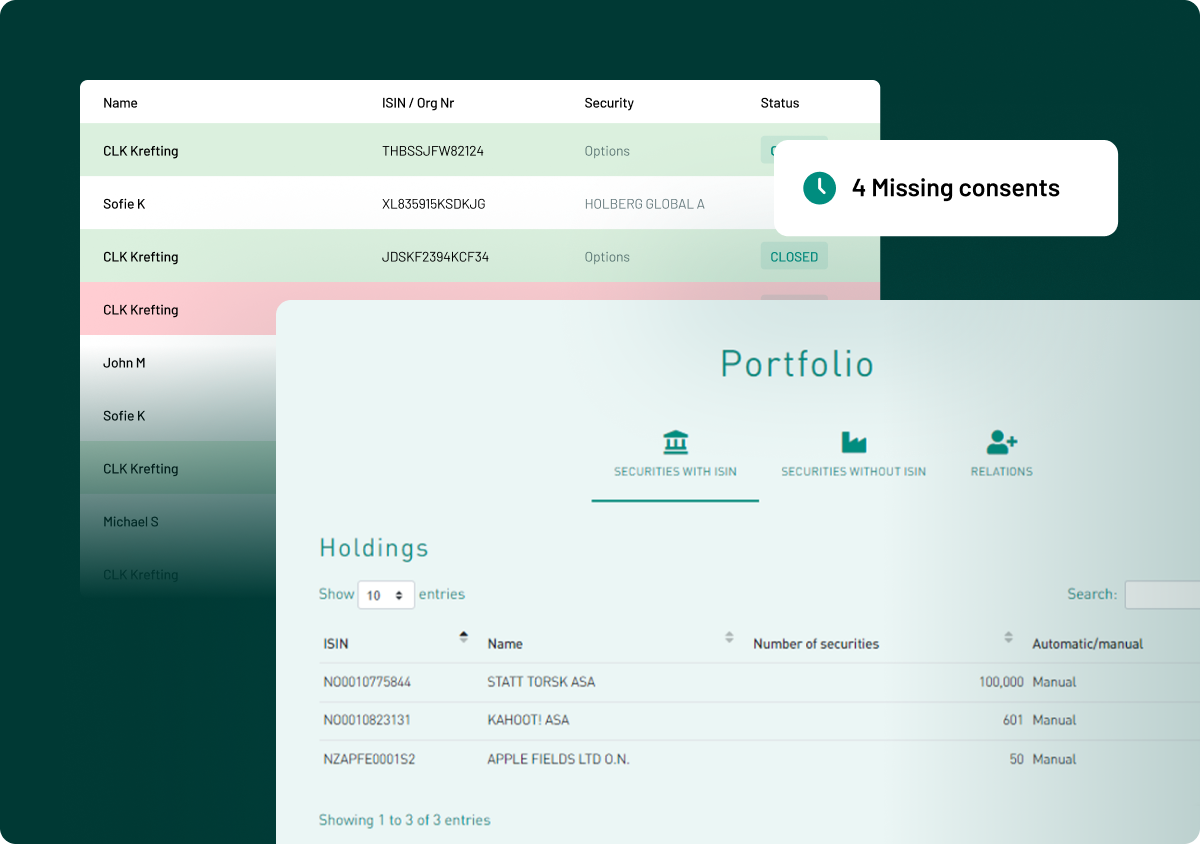
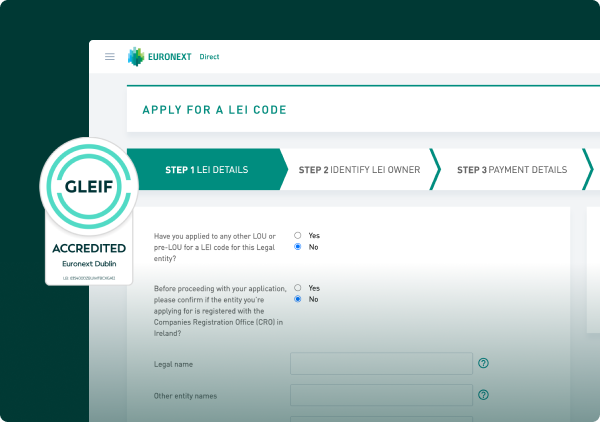
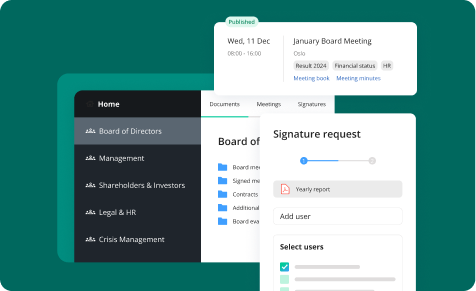
.png)
.png)

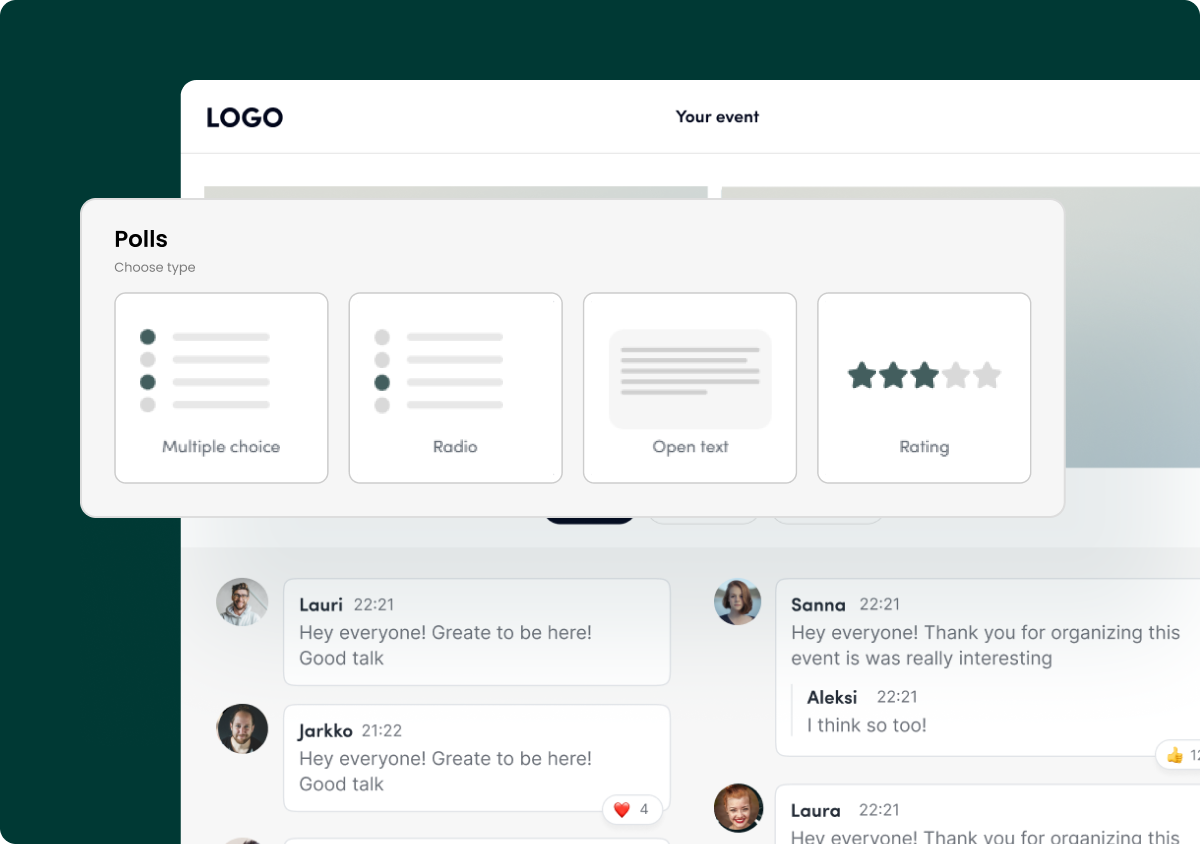
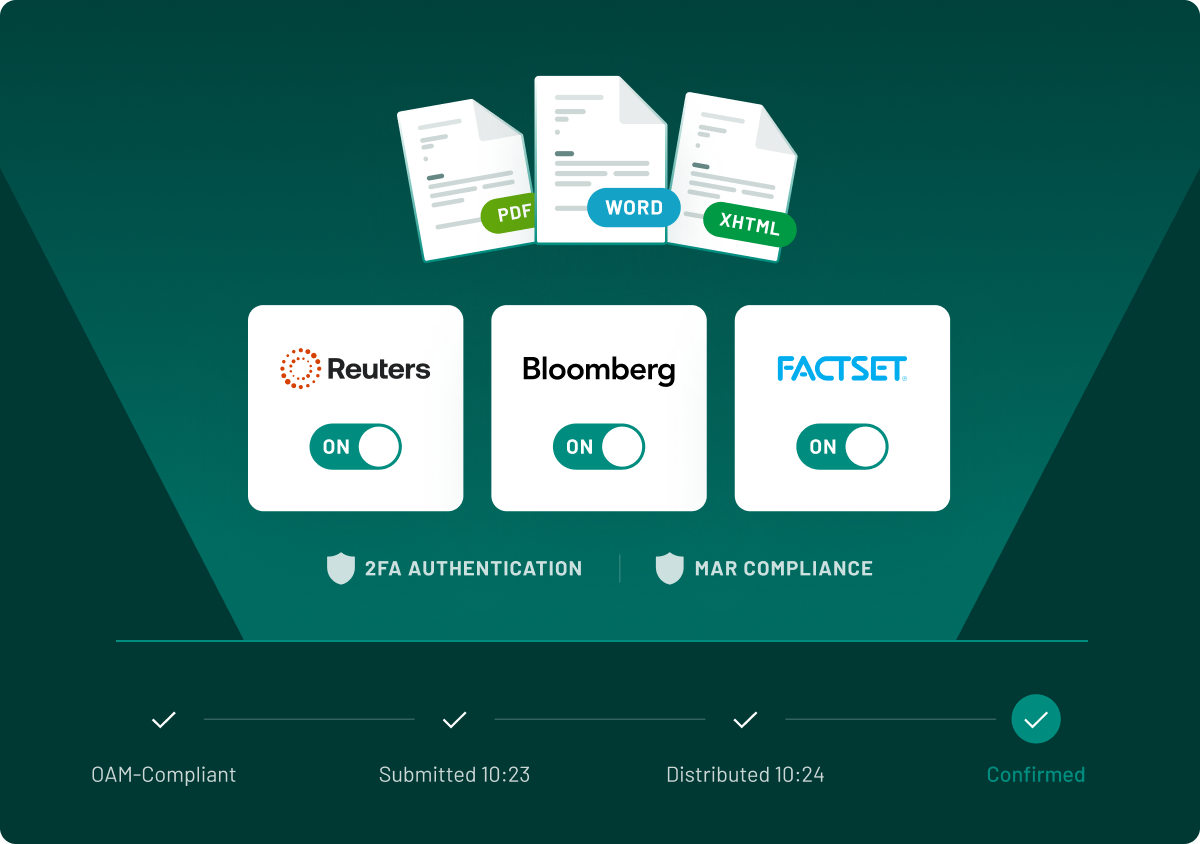
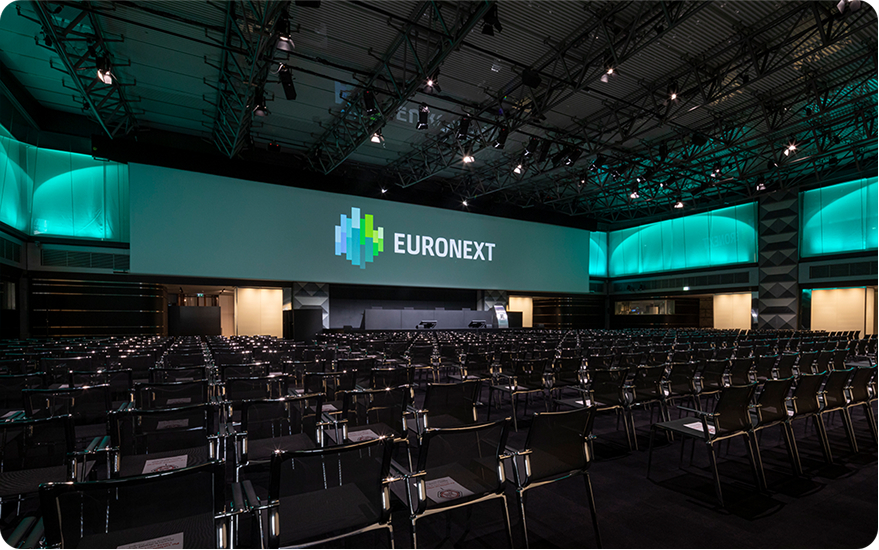

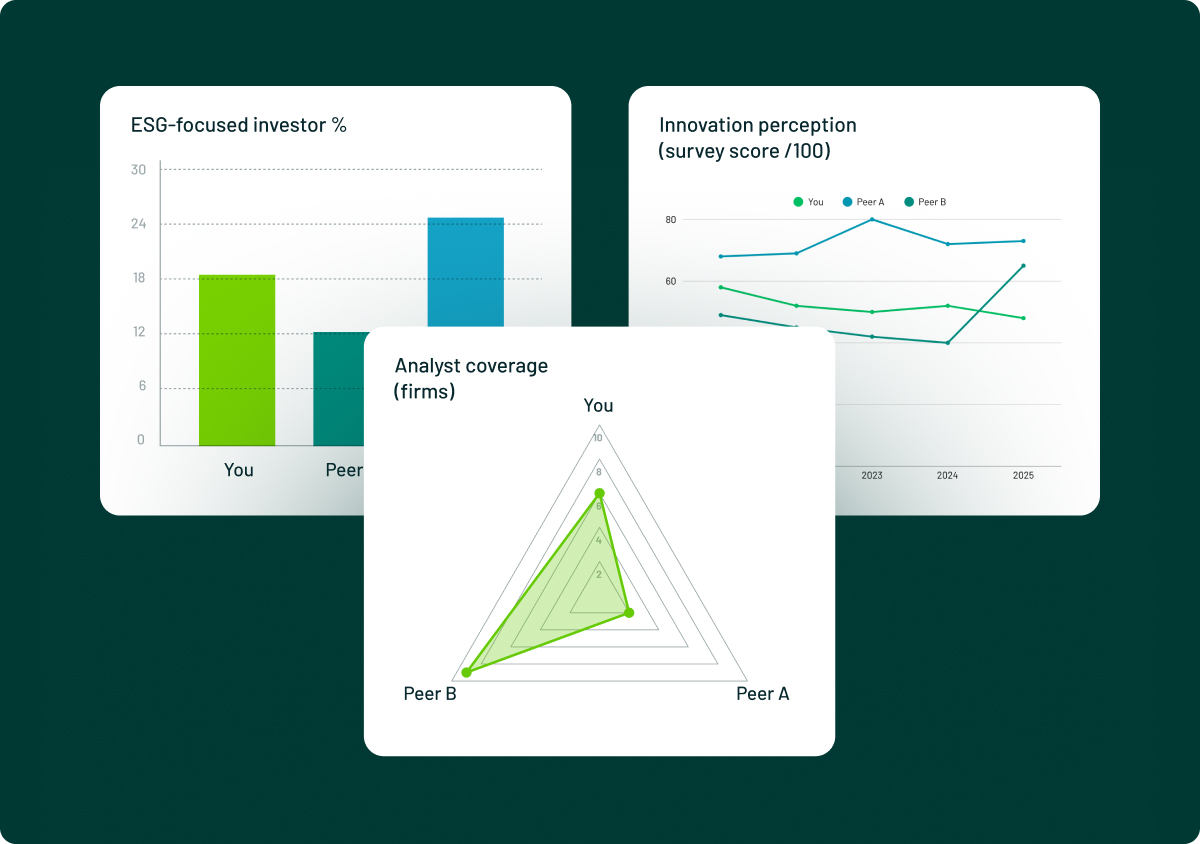
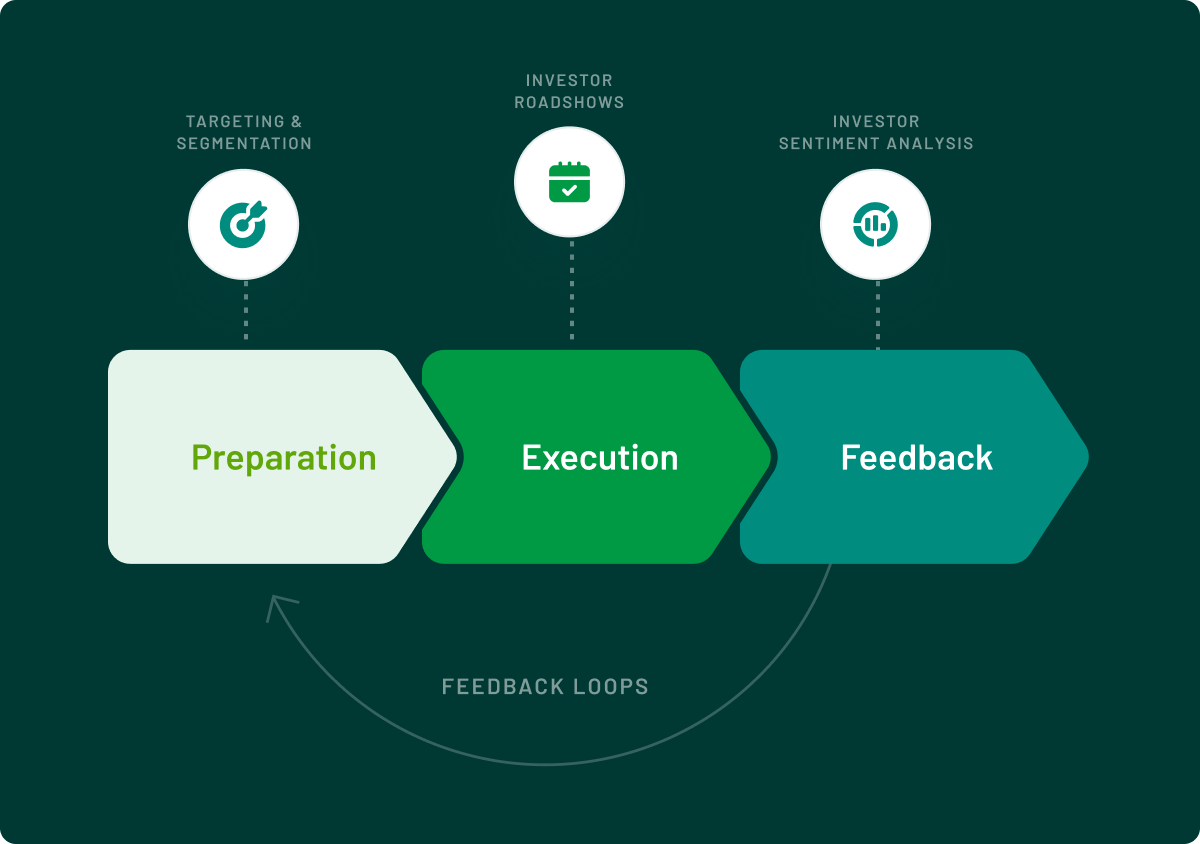
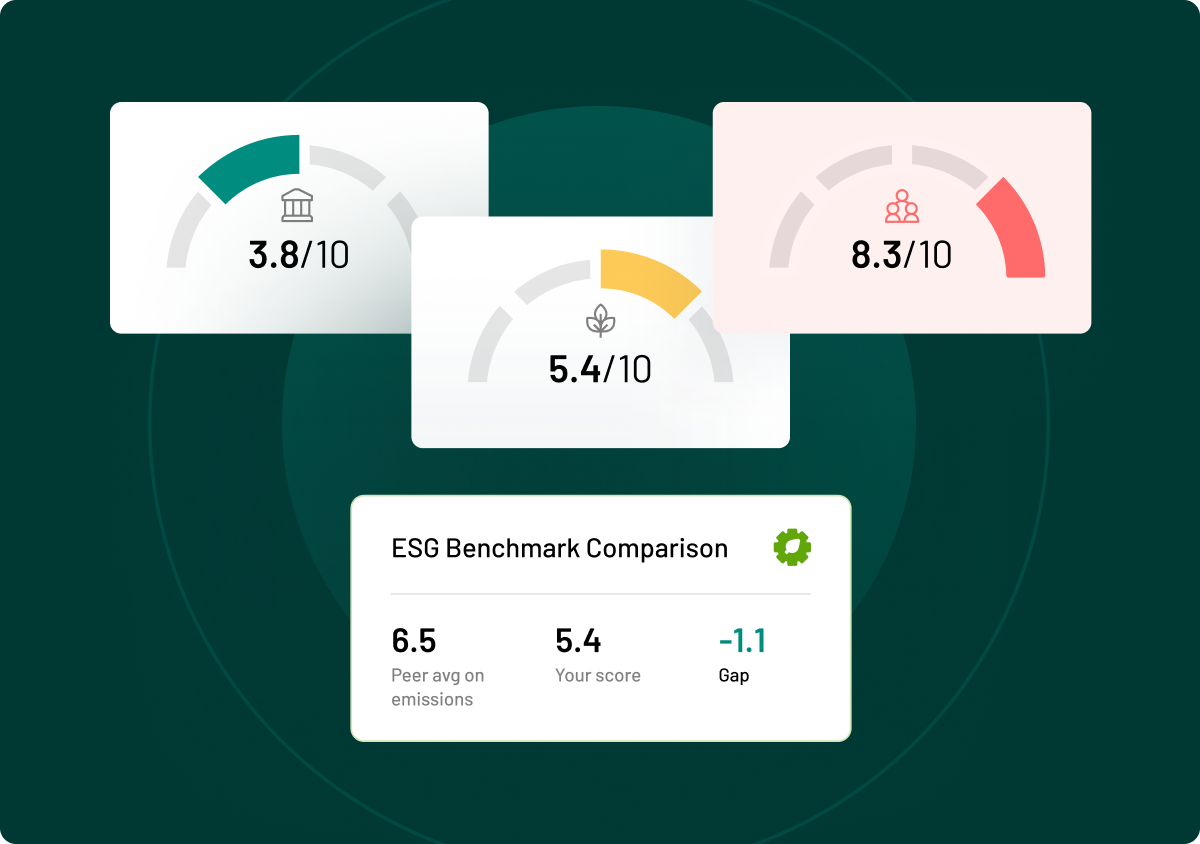








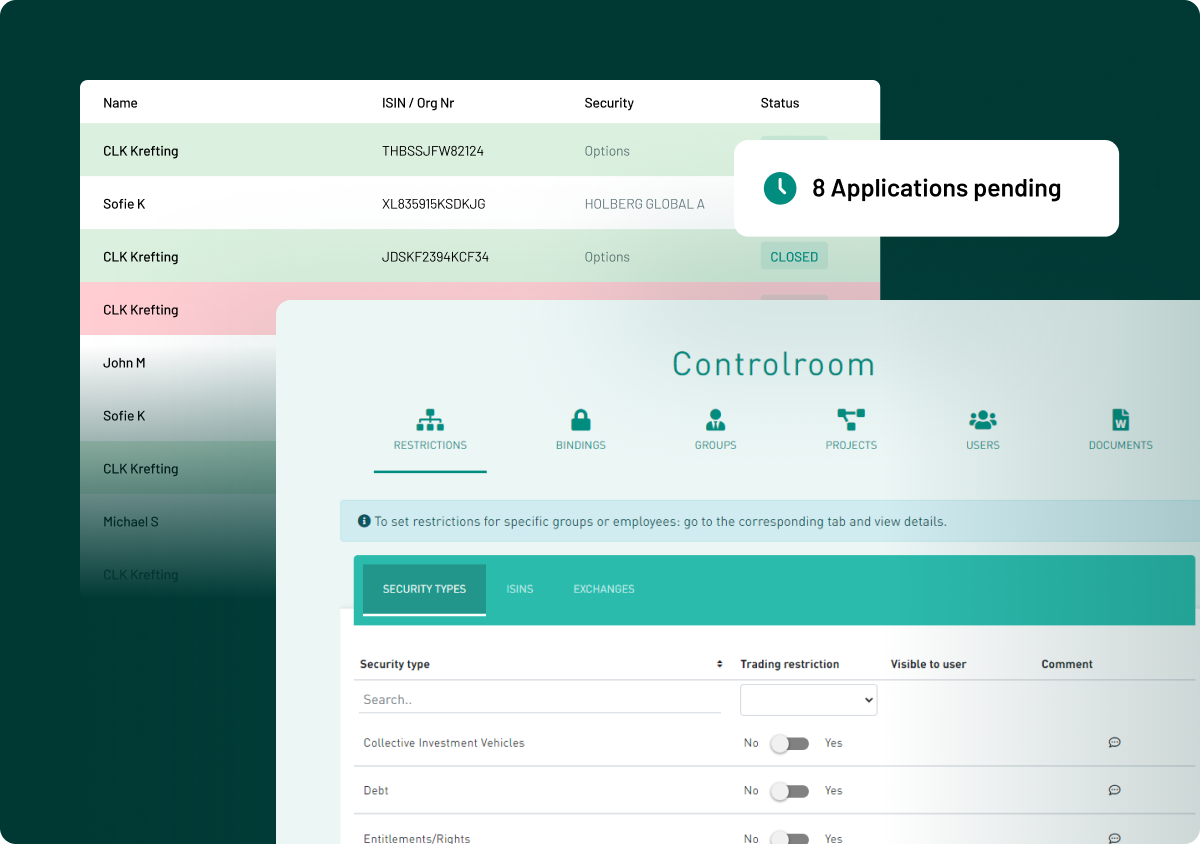
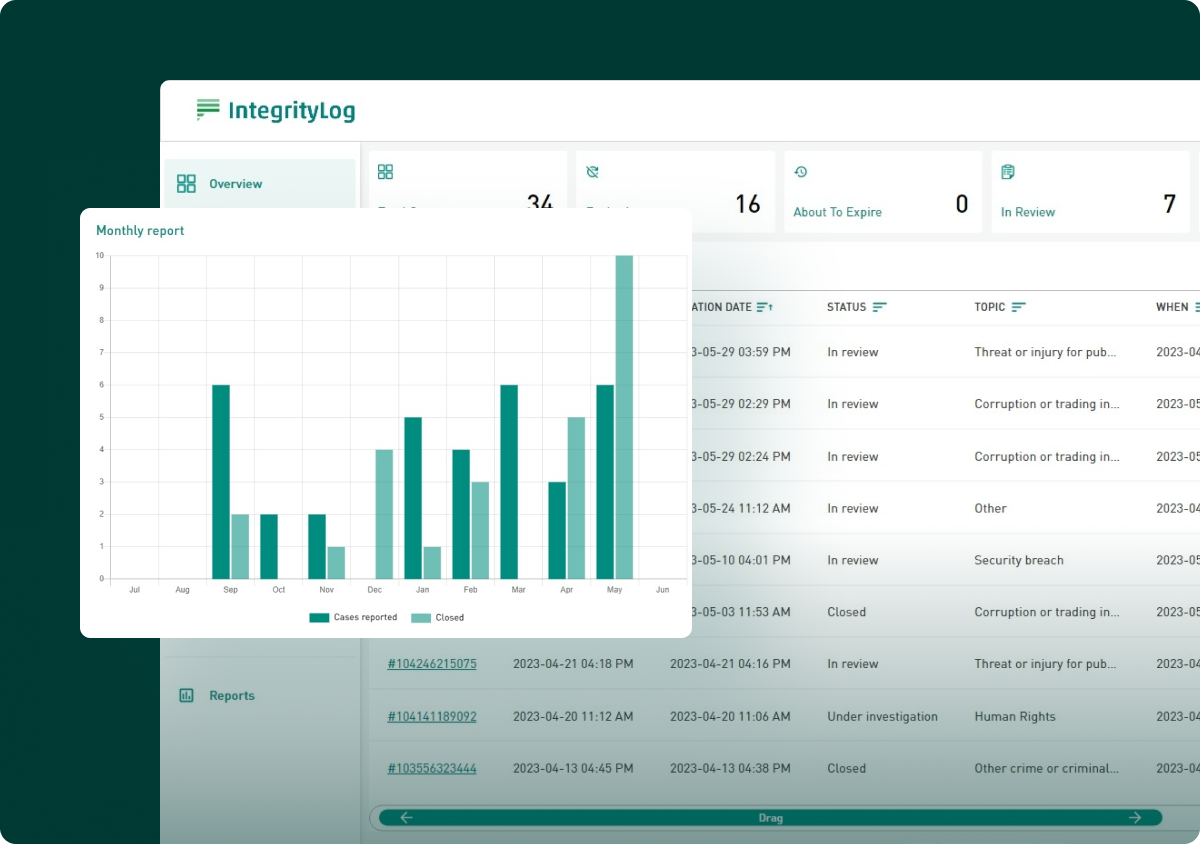
.png)
.png)
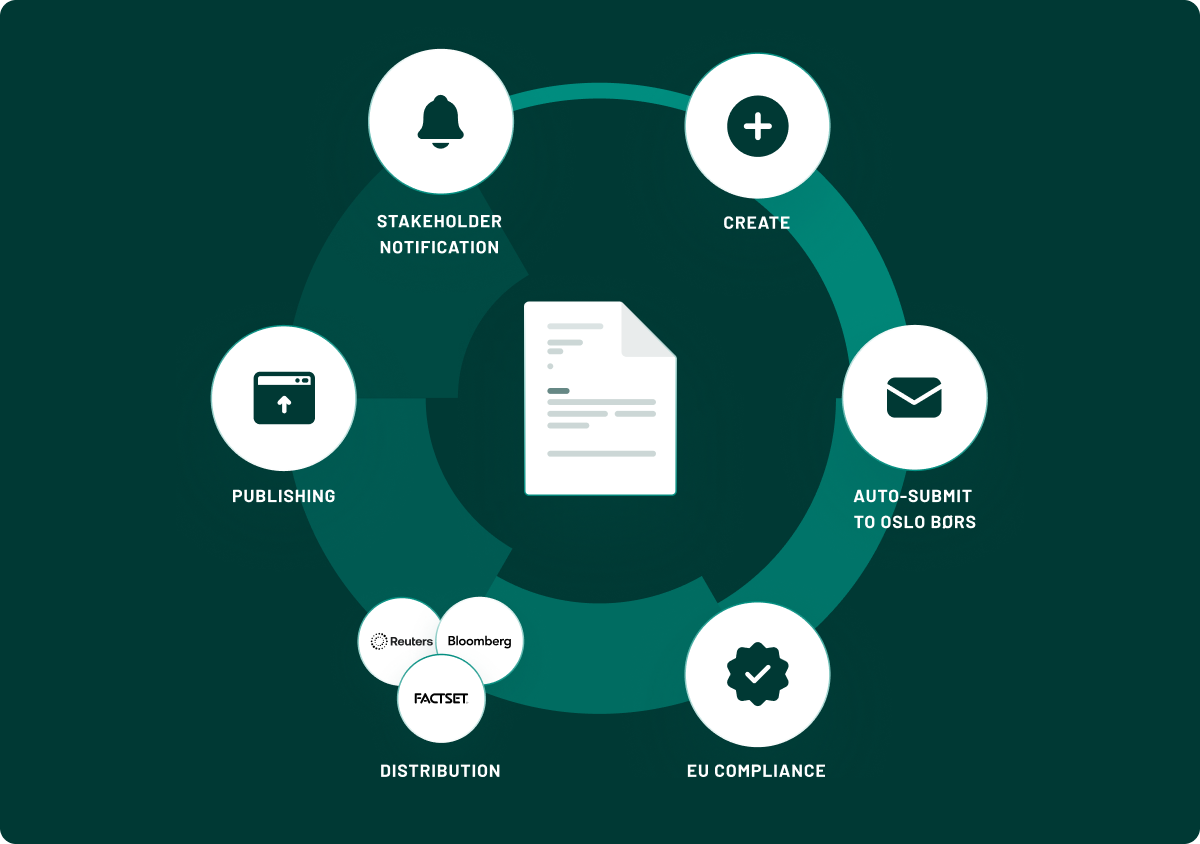






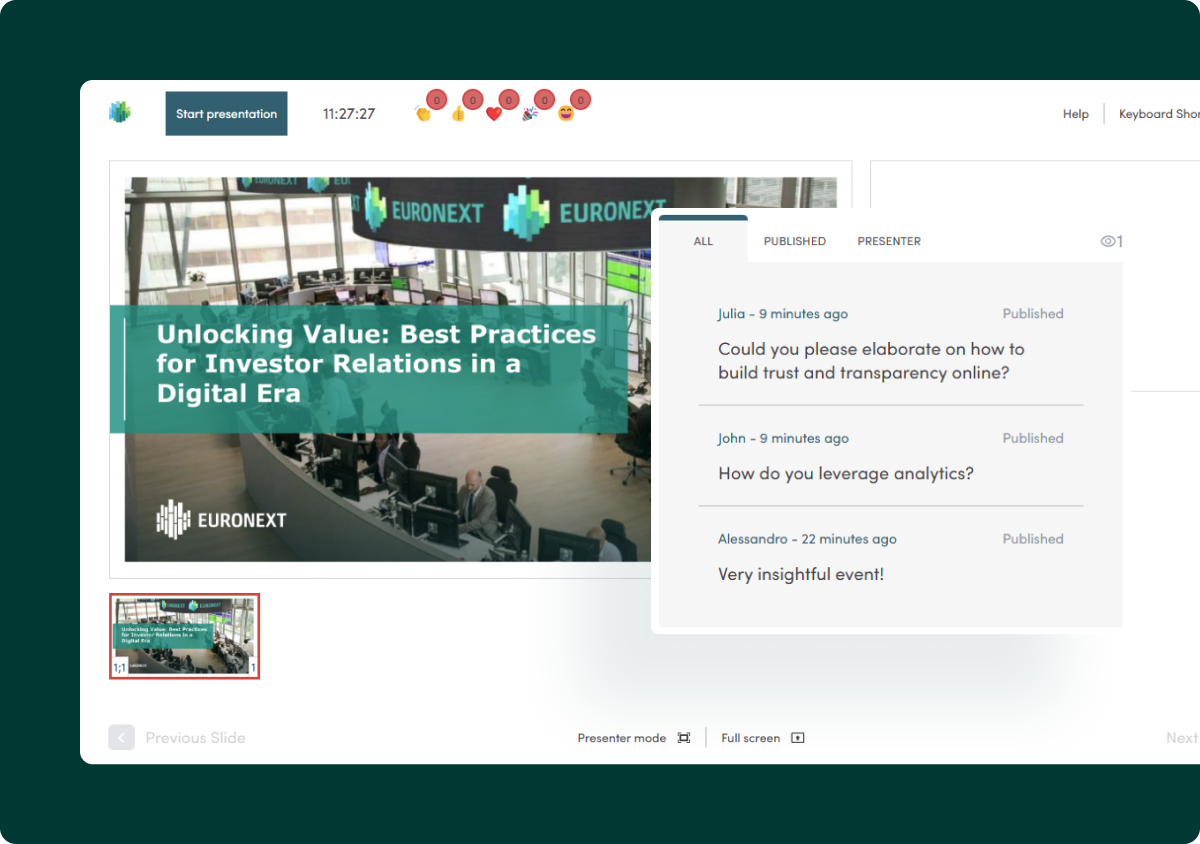







.webp)





